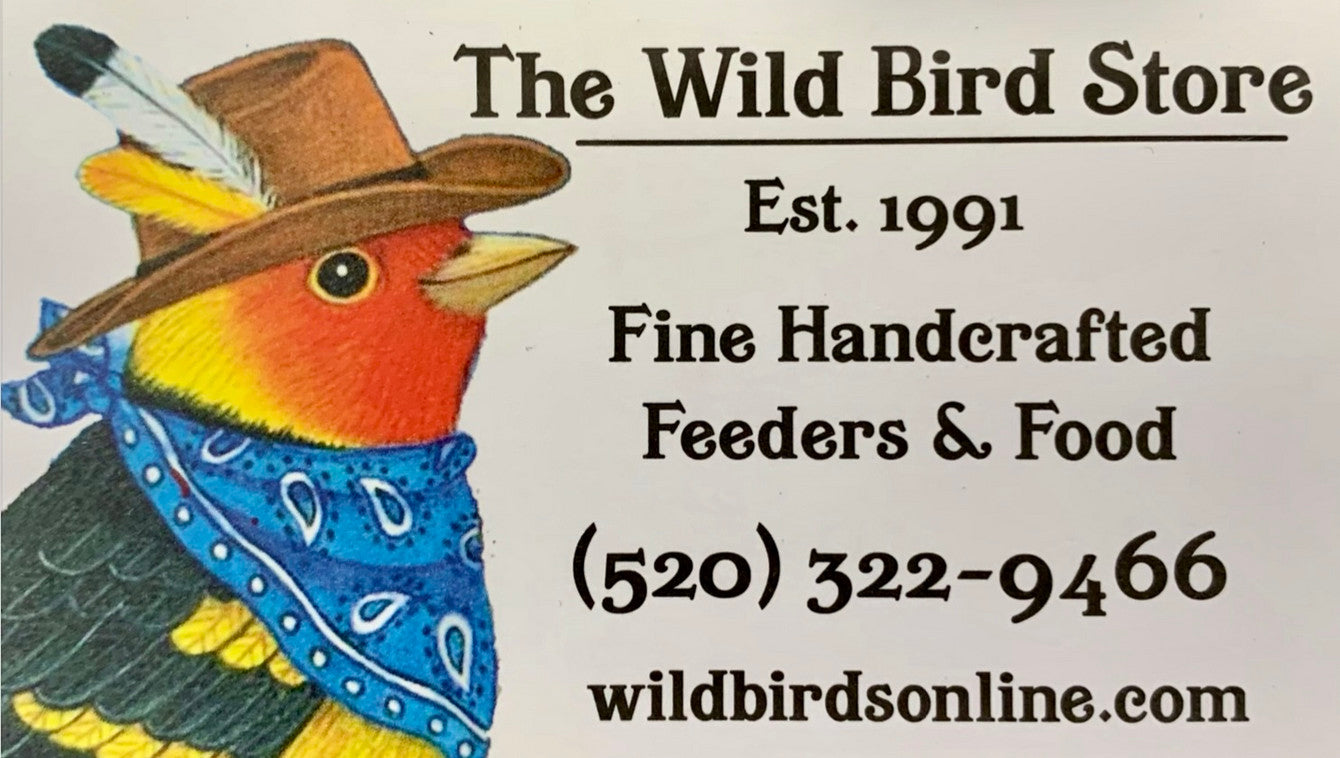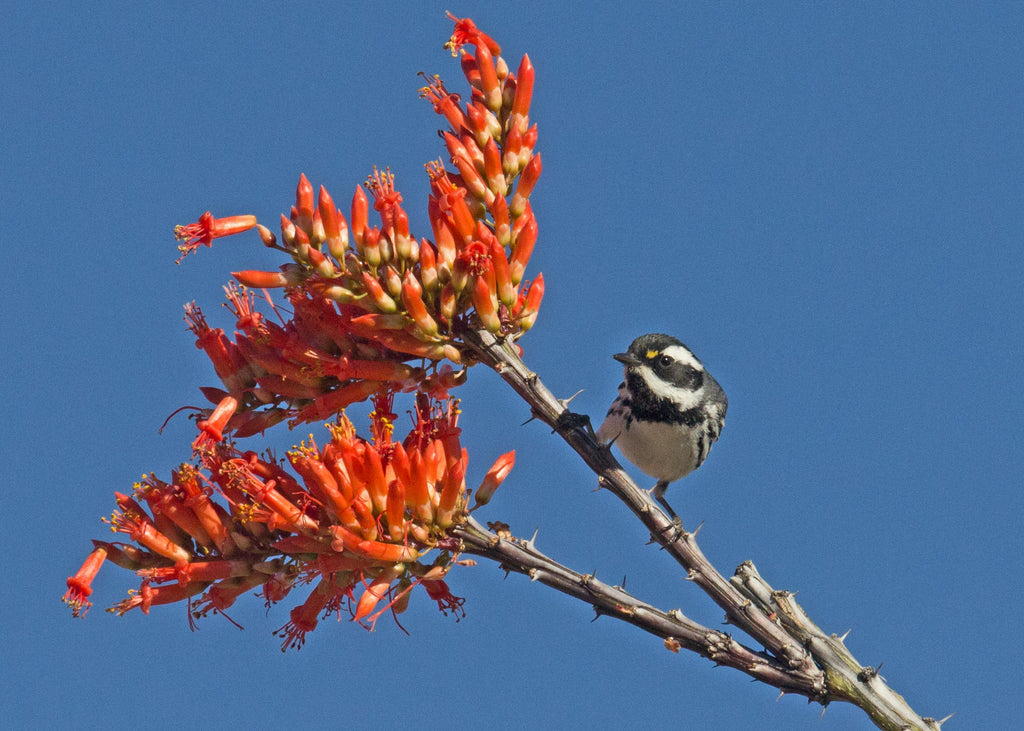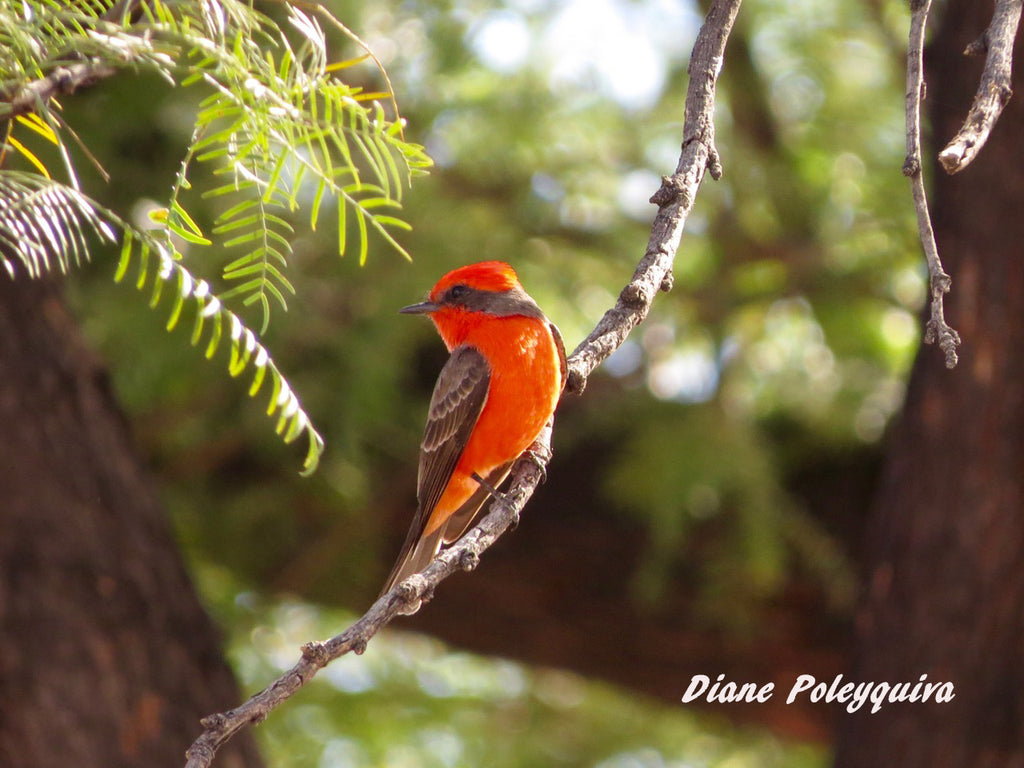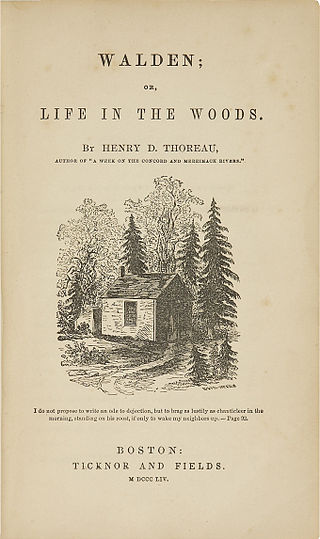News
Understanding Conservation Status
By Jon Friedman Yellow-billed Cuckoo- a Threatened Species * Photo by Dan Pancamo Introduction Over the years, I have used the phrase “conservation status” in numerous conversations and written articles. While this phrase may sound steeped in scientific vocabulary, it simply and basically means understanding and gauging the population dynamics of any given species. What are the factors that determine whether the species population is shrinking, remaining the same or becoming enlarged? Understanding the “why” and “what” these factors represent help us measure our appreciation of the larger nature of the issues involved in conservation and determining conservation status. Definition...
Bats at Hummingbird Feeders
By Jon Friedman (This updated and expanded article was originally published in a 2012 newsletter.) We sometimes hear from customers who ask if hummingbirds can empty a full feeder overnight. We explain to them that hummers are asleep all night, not out foraging. What they are experiencing is nectar-eating bats. There are three species of bats that are known to frequent, and usually empty, nectar feeders in a single night. These bats are somewhat common in selected regions of the southwest, particularly in areas that border Mexico. Two of the species, the Mexican Long-nosed and the Mexican Long-tongued Bats, are...
Birdscaping
Article By Jon Friedman
Feature Photo by Doris Evans
Gardening and birding go hand-in-hand with many who have set up bird feeding stations in their yards. To intentionally blend the two into a seamless whole is what some call “birdscaping.” Planting vegetation that attracts and feeds birds, and possibly bats and butterflies, can stand alone or be combined with providing other draws for the wildlife – such as an assortment of feeders to attract favorite species and a fresh daily source of clean water for bathing and drinking...
Vermilion Flycatcher by Jon Friedman
Introduction Many birders may not necessarily remember the first time or place they experienced seeing a new species. Due to its brilliant coloration, which its name aptly describes, most birders will remember their first experience observing the Vermilion Flycatcher (Pyrocephalus rubinus). This should not be surprising, for a variety of reasons. Flycatchers are generally not particularly colorful. Many flycatchers have some pale yellow underparts but are otherwise rather unremarkable in color. A few exceptions are worth noting: such as the Scissor-tailed Flycatcher (rarely seen west of Texas in the southwest); the Rose-throated Becard (a local rarity, best seen...
Early Birdwatchers and the Birth of Ornithology (Part 3)
By Jon Friedman Thoreau Early in his career, Darwin, like all naturalists before him, used a gun to collect bird specimens for intensive, detailed and up-close study of their physical make-up, field marks and anatomical structures. Later in his career, he found it more valuable to his understanding and study to keep the animals and birds he collected alive, close at hand, and available for longer inspection. In this manner, he was able to gather more information, over an extended period of time, allowing for a much greater understanding of their whole being. Early on, in 1845, Thoreau took a...



